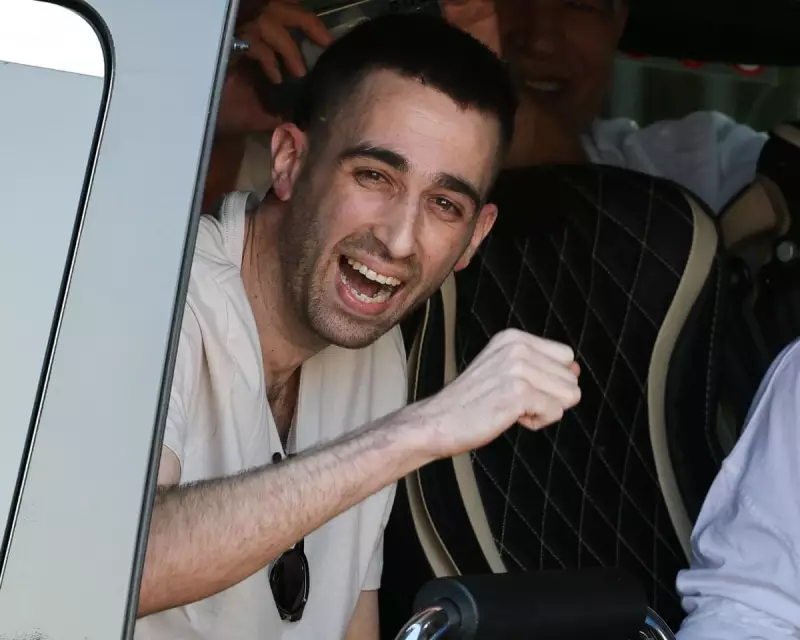
In deeply moving testimonies that have emerged from the shadows of captivity, recently freed Israeli hostages have described a harrowing reality of systematic torture and psychological torment at the hands of Hamas militants, while simultaneously revealing unexpected moments of humanity from ordinary Palestinian civilians.
The Brutal Reality of Captivity
Multiple survivors have come forward with disturbing accounts of their treatment during months of imprisonment in Gaza. The testimonies paint a picture of calculated cruelty, with hostages subjected to physical abuse, starvation tactics, and severe psychological warfare designed to break their spirits.
One survivor recounted being held in "dehumanising conditions" where basic human needs were systematically denied. "They used hunger, thirst and fear as weapons against us," the former hostage revealed, speaking on condition of anonymity due to security concerns.
Unexpected Humanity Amidst the Horror
In a surprising twist that complicates the narrative of pure animosity, several hostages described receiving acts of kindness from Palestinian civilians who risked their own safety to provide comfort.
One emotional account detailed how a Palestinian family secretly shared their meagre food supplies with captives, whispering words of encouragement and expressing their opposition to the hostage-taking. "They told us this wasn't their way, that they wanted peace too," the survivor recalled.
The Psychological Scars of Captivity
Medical professionals treating the released hostages report severe psychological trauma that may require years of therapy. Symptoms include post-traumatic stress disorder, anxiety disorders, and depression stemming from their prolonged exposure to life-threatening situations.
"The physical wounds may heal relatively quickly, but the psychological damage runs much deeper," explained Dr. Sarah Cohen, a trauma specialist working with survivors. "Many will carry these invisible scars for the rest of their lives."
A Complex Portrait of Human Nature
These testimonies present a nuanced picture of the human experience in conflict zones, where extreme cruelty and unexpected compassion can coexist within the same geographical space. The accounts challenge simplistic narratives about the conflict, revealing the complex moral landscape that exists beneath the surface of political rhetoric.
As the international community processes these revelations, human rights organisations are calling for independent investigations into the treatment of all captives in the ongoing conflict, while families of remaining hostages continue their desperate appeals for further releases.





